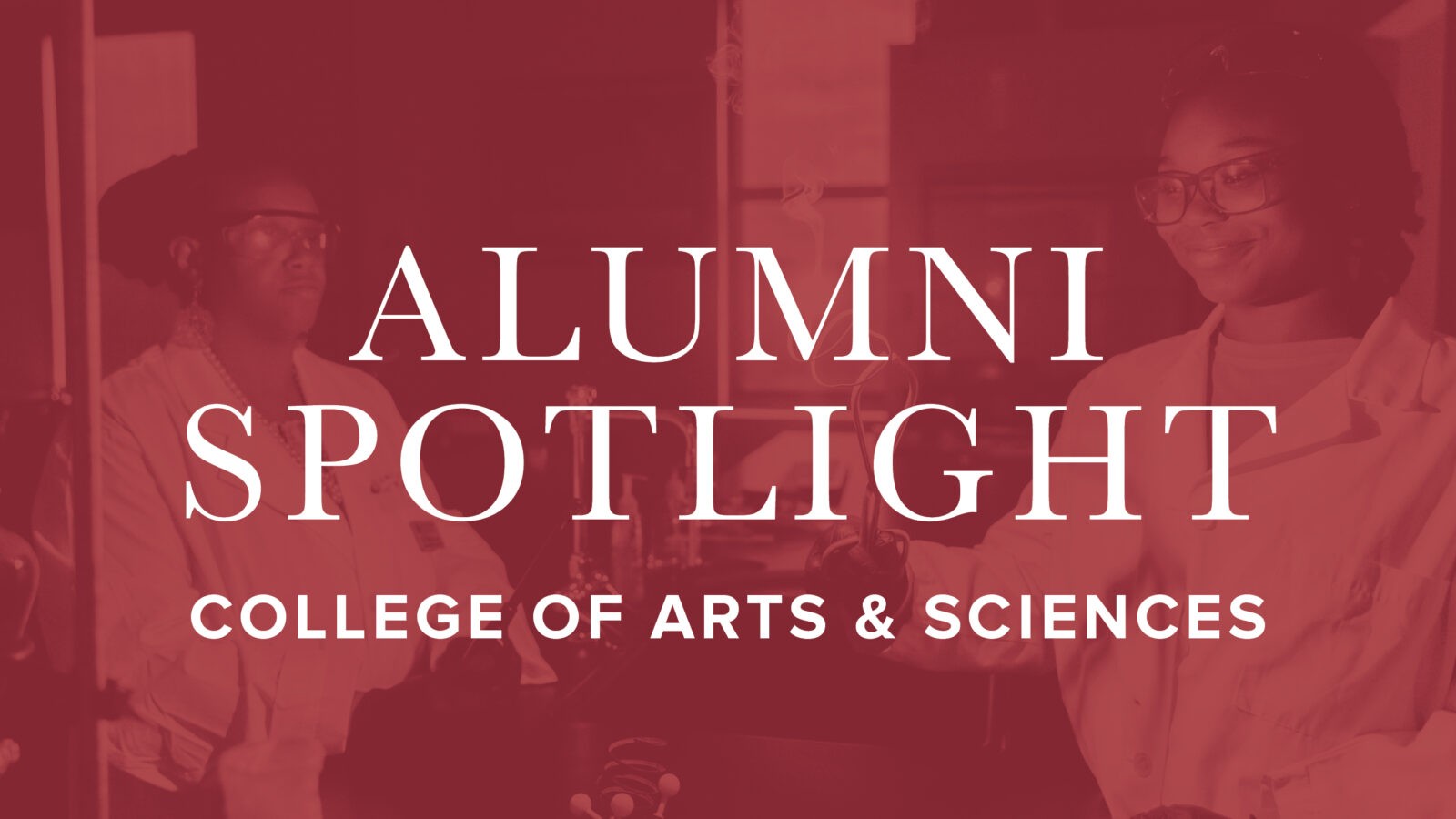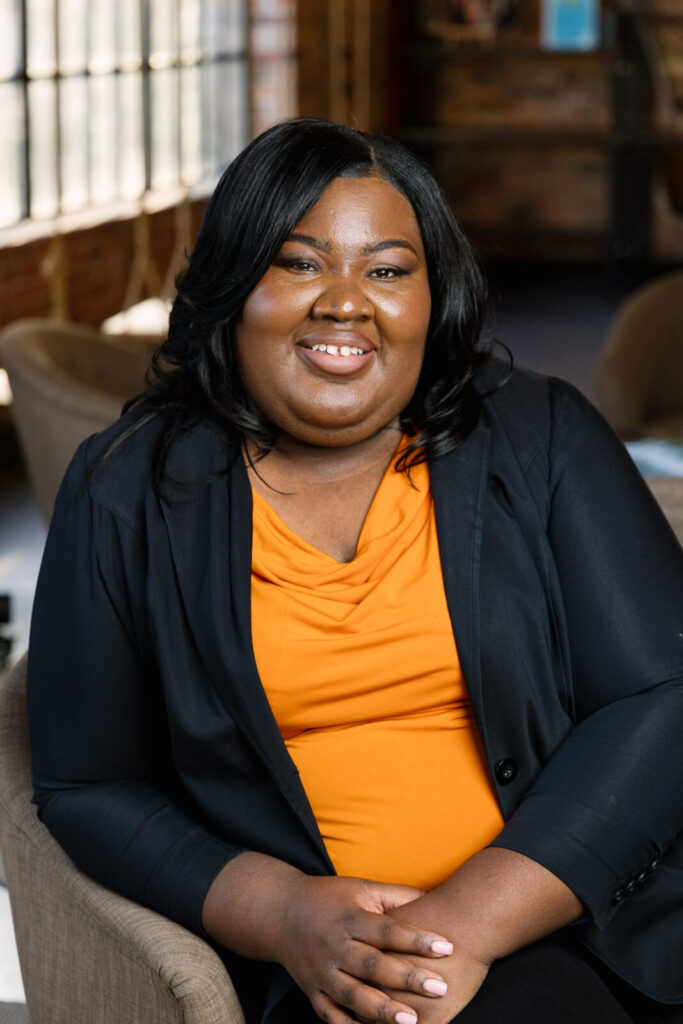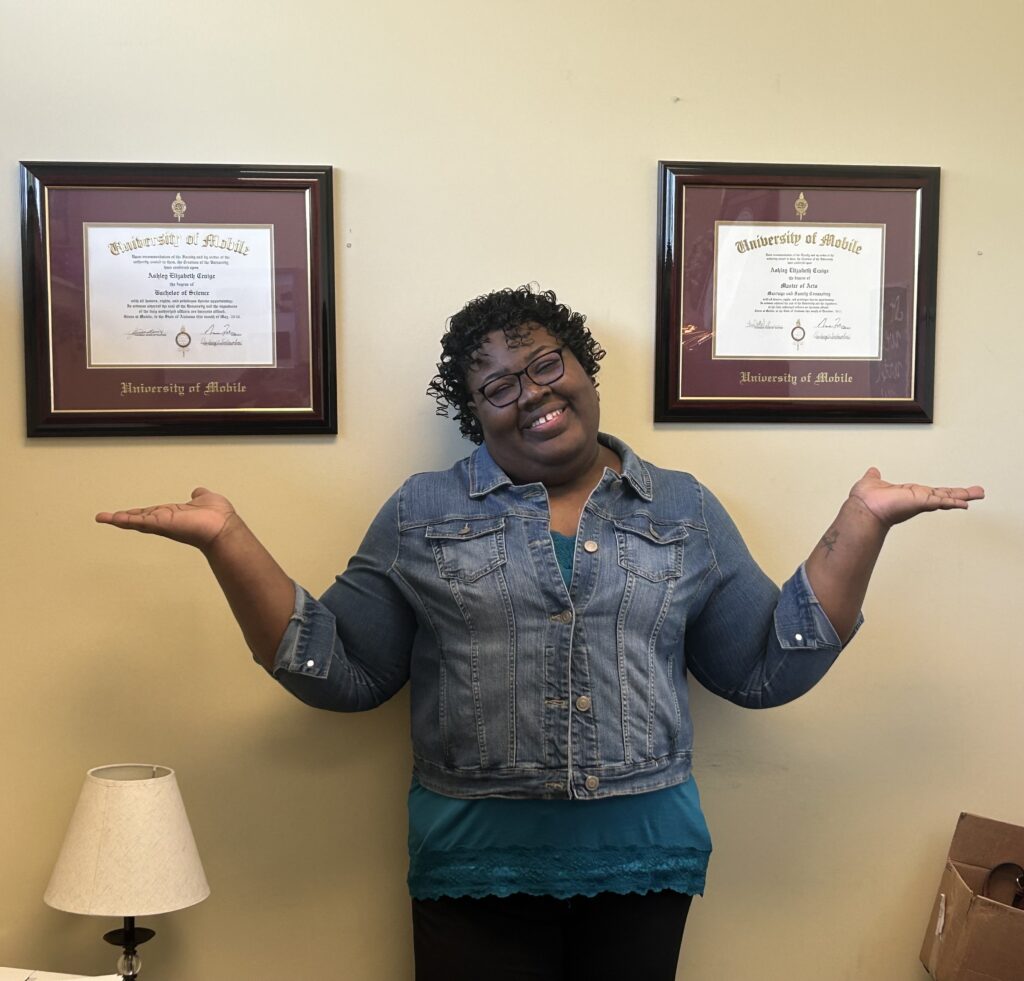The Path to Success: Ashley Craige


Ashley Craige, MA, LPC, ACS, ICADC
Clinical Director of Substance Abuse and Mental Health Programs
Bachelor of Science in Psychology ’10
Master of Arts in Marriage and Family Counseling ’12
The University of Mobile is a highly respected institution and, while attending this school, I knew I was on a path to success. The structure, expectations and spiritual guidance provided at UM, combined with the guidance instilled through my parents and family system, continue to mold and shape me to be the person that I am today.
– Ashley E. Craige ’10, ’12
“Having a strong relationship with my undergraduate advisor at the University of Mobile greatly affected who I am as a person. My advisor believed in me more than I believed in myself at the time,” says Substance Abuse and Mental Health Programs Clinical Director Ashley E. Craige, a 2010 and 2012 graduate of the University of Mobile.
Ashley understands that having someone who cares about you and your well-being is extremely important, especially when it comes to your mental health.
As clinical director at Franklin Primary Health Center in Mobile, Alabama, Ashley’s goal is to make sure her patients are seen, and that their needs are met and taken care of.
“My degrees and the relationships that were cultivated at UM helped spring me forward in my career. To prospective students, I would say, choosing UM will put you on the path toward success,” Ashley says.
Q. What have you been up to since leaving UM?
A. After I received my master’s, I started working as a family therapist at the Salvation Army. From there I was promoted to intensive outpatient therapist. While at the Salvation Army, I became a certified alcohol and drug counselor. I also spent a great deal of time working at The Bridge Inc., an adolescent treatment center in Mobile. At the Bridge, I had the opportunity to directly provide services to kids ages 12-18, and I became a Licensed Professional Counselor. Now, I currently work at Franklin Primary Health Center as the clinical director of substance abuse and mental health in Mobile, Alabama.
Q. What are you responsible for?
A. As the clinical director, I am responsible for training therapists and other team members providing mental health and substance abuse services to our clients. I provide the community with information and resources on substance abuse and how it affects the body, the family and the community. I develop substance abuse programs and ensure the services we provide fit the needs of each individual person we serve. I connect with other agencies in the community to assist with providing services they may need for their clients, while also connecting our clients to appropriate services we may not offer, but they need. We know that if a person’s basic needs are not being met, such as safety, nourishment, housing, then it is very hard to concentrate on changing behaviors. Our program helps connect people to resources they may not otherwise have had.
Q. You are passionate about taking care of others who are not as fortunate. Tell us about it.
A. Mental health matters! I am passionate about spreading awareness. Neglecting your mental health affects you, your potential, your family and your communities. I enjoy being able to provide resources that allow a person to become more equipped to care for themselves in the neglected areas. Not only do I enjoy caring for people, but I like taking care of animals as well. Caring for animals improves a person’s mental health positively.
Q. What inspired you to enter the career you’re in?
A. The many hours I spent getting to know the men at the Salvation Army is what has fueled my passion for working in the fields of substance abuse and mental health. Within the first month of my career, I noticed men in the substance abuse program were no different from people close to me. They were smart, creative, hardworking and productive members of society. They often had a crisis or trauma to occur which led them to try substances which later led to substance abuse. Realizing that, I asked myself, “What makes this person any different from me? This could have been my brother, father or uncle in the program.” They aren’t ‘bad’ people, so why are there labels on people seeking recovery? In the last 10 years, working with the underinsured continues to fuel my passion.
Q. Who influenced your life for the better during your time at UM?
A. Definitely my advisor, Dr. Lawrence Chambers. I began to recognize his pouring into me near my senior year and would love to thank him for encouraging me and lifting me up when I doubted myself. He passed away the year that I graduated undergrad, but I know he would be happy to know that I believe in myself the way that he always did.
Molly Grace Watkins is the Content Creator for the Office for Marketing and Public Relations at the University of Mobile. She is a full-time student in the College of Arts and Sciences, where she is pursuing a degree in Communication with a concentration in Journalism and Broadcasting. A published author, Molly Grace loves writing and being in front of the camera. She is an active member and volunteer at Cottage Hill Baptist Church. She also enjoys listening to music, going on long walks and driving her friends around in her blue MINI Cooper.




